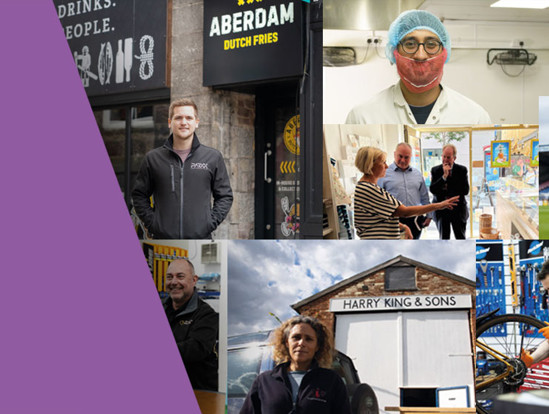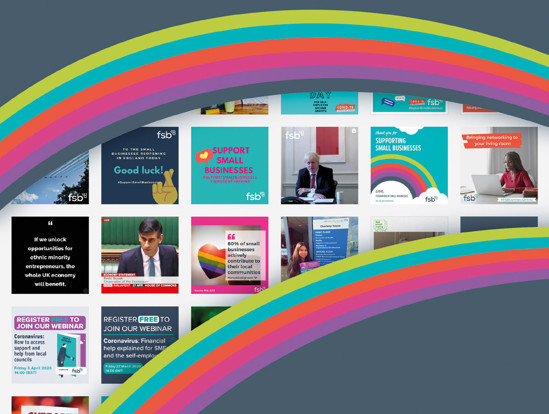
Mike Cherry OBE | National Chairman
We continued to push strongly for help for those left out of the early versions of government support schemes, including directors of limited companies and those in supply chains; and we successfully secured support for those who had recently become self-employed at the time the pandemic struck.

Melanie Ulyatt | National Vice Chair, Internal Affairs
The business recognises that climate change is a real issue and found new and innovative ways of connecting due to the pandemic which further reduced its carbon footprint.

Martin McTague | National Vice Chair, Policy and Advocacy
FSB’s strong, independent policy research programme allowed us to present political decision-makers at all levels with powerful evidence of the direct impact of policy decisions on small businesses.

Julie Lilley | Chief Executive
We relentlessly innovated and developed to strengthen FSB’s position as the UK’s leading membership organisation for small businesses and the self-employed.
Supporting our members through the COVID-19 Pandemic
What we achieved
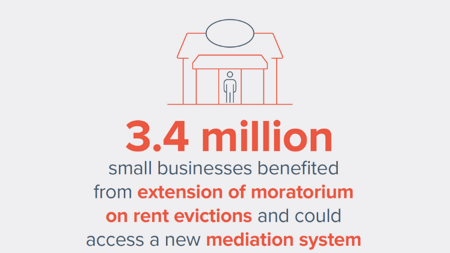
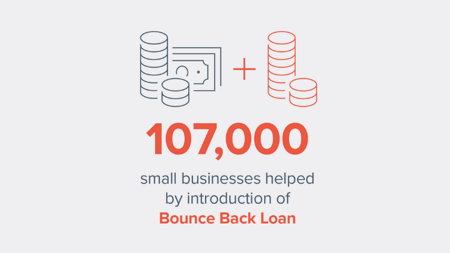
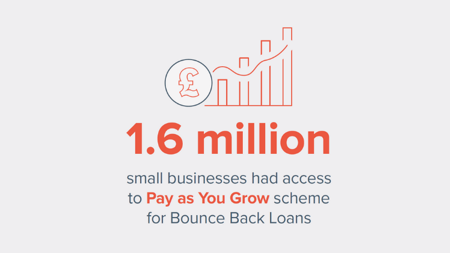
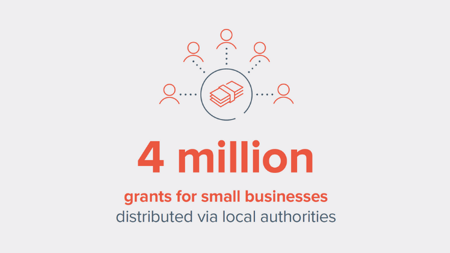
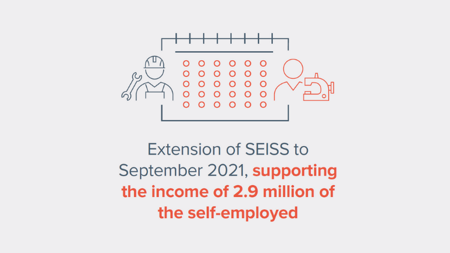
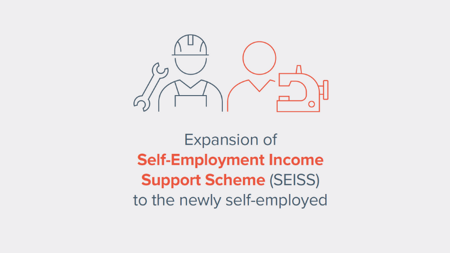
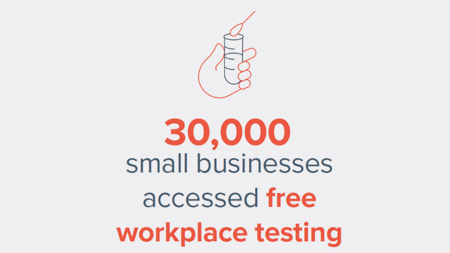
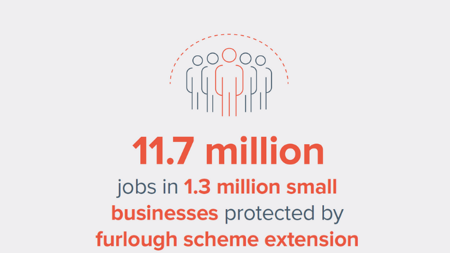
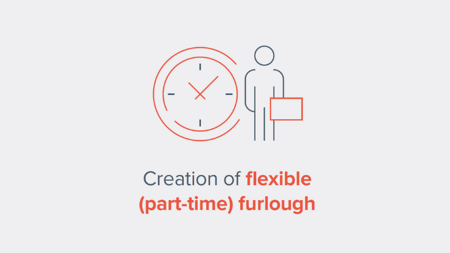
Member story: Eli’s Pop Up, Hertfordshire

Eli’s Pop Up, a street food chicken business in Hatfield, was established by a group of friends in their twenties after some of them lost their jobs at the beginning of the coronavirus pandemic.
Having previously had to travel to London for independent street food, they saw an opportunity in their local community. Each of the founders has different skills, and so they have been able to do everything from cooking the food to designing the website in-house. At its heart, Eli’s is a community business, and has been able to employ other local people who have lost their jobs during the pandemic.
While Eli’s has been a success, there were lots of obstacles to get here. It was difficult to know where to start when setting up, and we’d like to see more conversations about how to set up a business – from school to sector-based events. Clarity around funding would also be useful, as we were unsure about what approach to take, eventually settling on using our own savings. But we’d still recommend just going for it to anyone with a hospitality business idea!
Unlocking International Trade for small business
What we acheived:
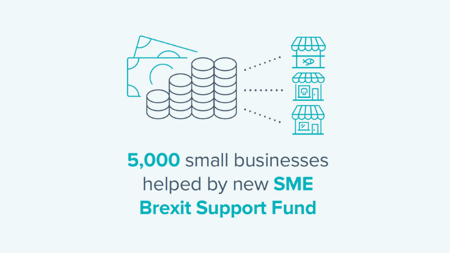
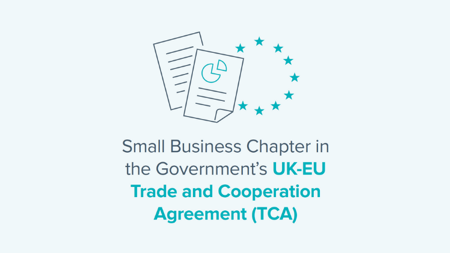
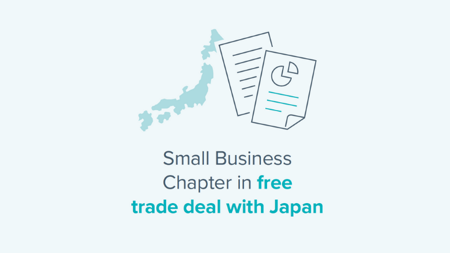
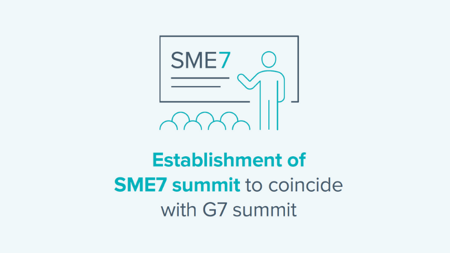
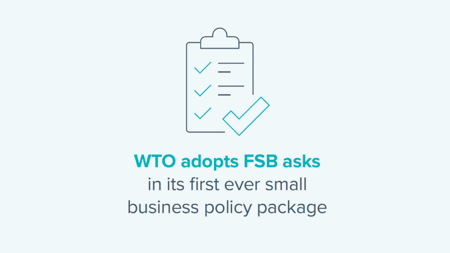
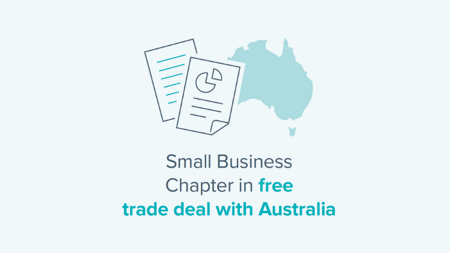
Member story: Environmental Street Furniture, Belfast

Environmental Street Furniture (ESF), FSB Award winner, is a Northern Ireland based, global designer and supplier of street, themed and site furnishings, as well as solar and security products. The company began trading in 2013 and entered the export market in 2015.
This small business has supplied products to 27 different countries, across five continents, due to its aggressive export strategy and by harnessing innovations and new technologies. The strategy was based on products that could travel and be in areas where weather and economic growth could sustain profitable business. This policy was further enhanced by developing a themed experience attraction offering for theme parks, zoos, museums, water parks et cetera to provide IP and branded products.
The increase in sales to international markets has positively impacted ESF with a strong percentage of turnover attributed to export. Throughout his career, Alan Lowry, CEO & Founder, has gained respect from prestigious industry figures, enabling ESF to tender for projects that, under different circumstances, a relatively small company from Northern Ireland might not have been considered for. Their clients include companies such as Disney, McDonalds, Coca-Cola, Apple, Marriott and many more.
We’ve sought to remove the complexity of business across countries and borders, and whilst we regularly work and ship products all over the world, we want to make sure our clients receive the best service, and that often means establishing partnerships in countries.
Despite the constraints of the COVID-19 pandemic, ESF focused on maintaining excellent relationships with the markets they had established, with a focus on generating repeat business and targeting new ‘closer to home markets’, and in 2021 this was rewarded with the prestigious Queens Award for International Trade.
Helping our members with good business practice and carbon reduction
Small businesses are embedded in our communities and many do so much good for their employees, supply chains and for the planet. This is not often recognised or celebrated, therefore FSB worked with the Good Business Charter to adapt the Charter to be suitable for small businesses, creating the new Good Small Business Charter.

Small businesses need to play a huge role in achieving carbon net zero ambitions. FSB made it clear to Government that its approach to net zero policymaking must be underpinned by five fair values – or principles – that will enable and inspire smaller businesses to take actions:
Ambition
Climate change policies must be ambitious enough to have definite impact on the climate change challenge, both in their timescales and their scope and they must be informed by the latest scientific evidence.
Accountability
Government, alongside regulators, should provide clear and accountable governance and ensure that climate change policies are coordinated.

Stay compliant
The UK Government continues to introduce legislation to improve the environment and to guarantee that the 2050 net zero target is met. Making changes to your business operation is not only good for the planet but will ensure you remain compliant with regulation.

The planet
Do your bit for the environment. Small businesses will play a vital role in reaching net zero and improving the environment and ever business can contribute in their own unique way
Cost
Government climate change policies must be affordable and achievable. The costs of transition to net zero must be distributed fairly among businesses, workers, and consumers, based on their environmental impact; their ability to pay; their ability to adapt and the potential for gain.
Member story: The Wellbeing Farm, Bolton

The Wellbeing Farm is a fun, quirky and ‘magical’ events venue that prides itself on sustainability, zero carbon and business-for-good principles. The venue has implemented a stringent COVID-19 plan to ensure it is secure.
Founder Celia Gaze started the business several years ago when she had had enough of being a stressed-out new mum working at a senior position in the NHS. From that moment, Celia vowed never again to have regrets and to always make the most of her life. She went on to transform a dilapidated barn into a wedding and events venue: The Wellbeing Farm.
Corporate social responsibility is at the heart of the business. It uses self-sufficient methods, such as use of a wind turbine and is working towards a zero single-use plastic policy. The business now strives to be one of the most sustainable green and carbon-neutral venues in the UK. In 2021, it became a signatory of the Good Business Charter, following FSB’s work with the Charter to devise a scheme suitable for smaller businesses. It is also working towards becoming one of the first UK hospitality businesses to become B Corp certified, which means meeting rigorous social and environmental standards.
The business model is paying off: “Millennials seek out socially conscious brands; investors look for organisations that impact environmental and social change; global consumers will pay more for sustainable products and practices and potential employees seek out employers that reflect their values,” said Celia.
We love supporting the local economy and developing young people who work at the farm. We’re enthusiastic about working with wellbeing providers to raise wellbeing to the highest priority in Lancashire and we’re committed to doing our part in preserving the future of the planet.
Member story: The Impact Guru

Esther Stanhope first set up her business, The Impact Guru, in 2013, having previously had a successful career as a senior producer at the BBC. Her aim was to turn her passion for helping people to find their voices into a successful business, inspiring and guiding clients on how to make an impact and become more confident and charismatic with their public speaking – for presentations, pitches, or potential promotions. Her watchword is “Oomph!”
She built a strong client base across the UK and globally, leading in-person coaching in boardrooms, meetings rooms, and auditoriums; as well as becoming a successful author on the subject. Then the pandemic hit and in March 2020 it went from a full diary to zero bookings. “All my public speaking events were cancelled all over the world,” says Esther. But she successfully pivoted and went from a guru of in-person public speaking to a guru of virtual presentation.
Everything looked doom and gloom as COVID hit. Speakers, like me, took a heavy beating with the overnight collapse of the event industry. Yet here we are…not only did I manage to get my business back on track but, by a lot of hard work, pivoting and re-planning I managed to grow and expand.
“I forced myself to embrace virtual meetings and events,” says Esther. “It wasn’t easy. I wasn’t 100 per cent comfortable in front of the camera! I really had to stretch my comfort zone to the max. Before, I helped senior leaders to be more charismatic during boardroom meetings. Now, I help them to make an impact on Zoom and Teams.”
Download the full report
To read the full report including accounts and overviews from the National and Vice chairs click below:




